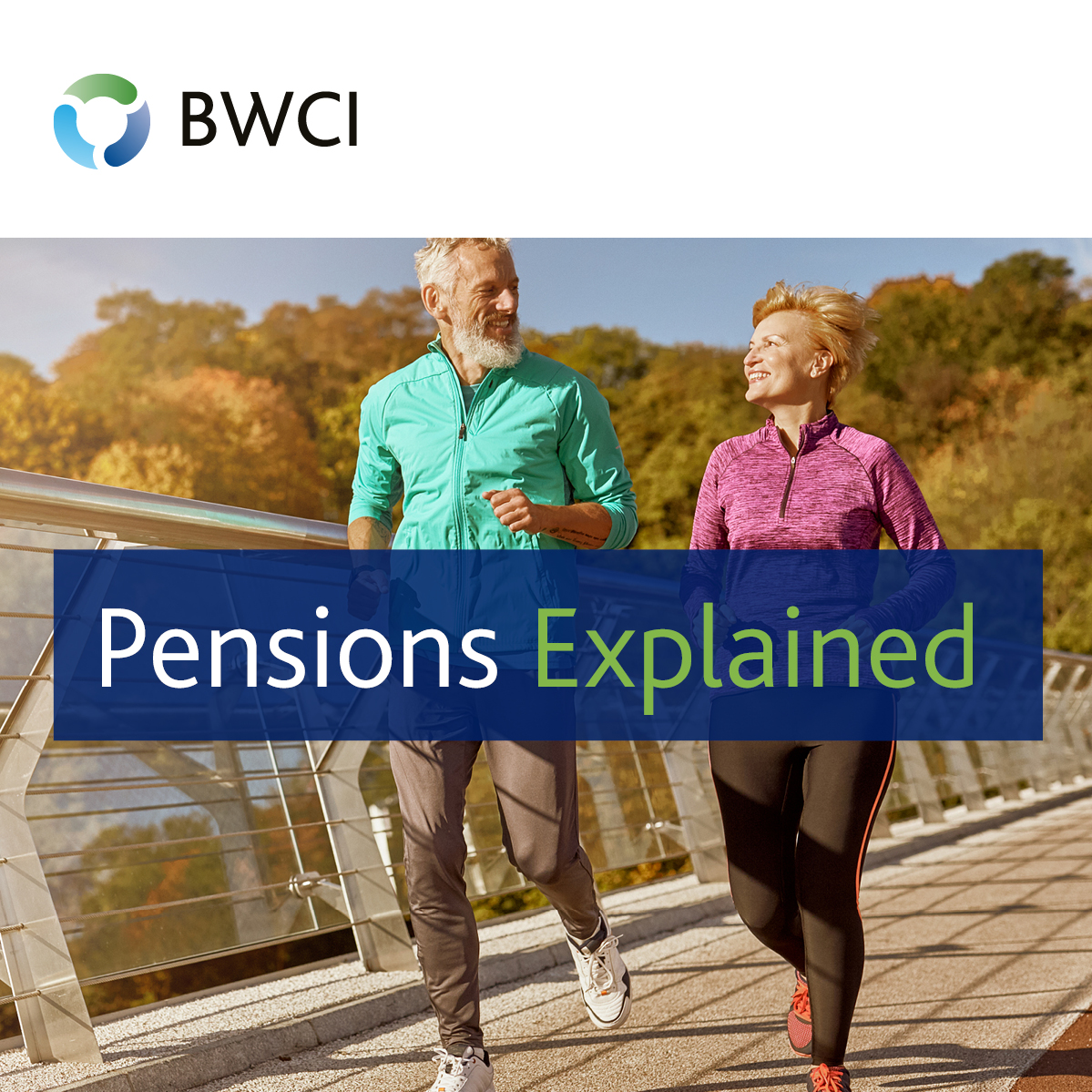Don’t worry this isn’t an article with lots of tut-tutting about starting a pension late in life. It’s not unusual nowadays for people to begin building their pension egg in their 40s and 50s.
Young people are experiencing lots of financial pressures, such as paying off debt, trying to get on the property ladder, and bringing up children. Even in middle age there’s no hold up because the kids want to go to University and the mortgage still hasn’t been paid off.
The pandemic exacerbated things by putting even more strain on people’s finances, and now many are feeling the pinch from the cost of living crisis. There are also lifestyle factors like the trend of marrying later and having children later, which can reduce the focus on retirement planning.
What we’re trying to say is that if you are 50 years old with no pension, you are certainly not alone. There are lots of people who’ve made 50 trips around the sun and have not sorted out their retirement provision.
The important thing is not to panic, instead you should take a calm, rational view of the situation and start taking steps to rectify it. Of course, it’s a more challenging situation and we always encourage everyone to start young because the longer investments will have to grow, but all is not lost.
Even if you think you have a decade of working life ahead, there is still time to pay into a pension to top-up what you will get from the States pension.
Here are some options that you might wish to consider:
1) Delay retirement
The simplest solution is to keep on working past retirement age so that you can build up a nest egg. Attitudes and the culture around the retirement age are changing, with more employers seeing the value in having an older workforce.
The average life expectancy is increasing, so working longer is becoming more normal. A life of leisure in retirement is not attractive to everyone, and some people will go for completely new careers or a reduced level of responsibilities.
2) Work part-time past retirement
This is likely to be more palatable than full-time working. It means you can balance work and the need to save, with the more relaxed lifestyle associated with traditional retirement.
3) Maximise pension contributions
If your employer offers a workplace pension this could really help. You normally get tax relief on pension contributions and your employer will also make contributions, essentially that’s free money. If you get a bonus or a pay rise it’s worth thinking about ring-fencing that and putting it in your pension.
4) Is there potential to get a second income?
For example, would you consider taking in a lodger, thereby maximising any property assets? Some people baulk at this idea, but for others it can be a good arrangement. It depends very much on your personal circumstances, but a second income could really bolster your pension.
It’s true that when you retire from work you will probably need less income. Outgoings such as everyday travel and clothing are likely to reduce. However, many people tend to under-estimate what their outgoings will be and are not prepared for the sudden drop in income.
As a general rule of thumb, you’re likely to need around half to two-thirds of your current salary in retirement. So if you’re earning £50,000 per annum, then you probably want to aim for a retirement income of between £25,000 and £33,000 per annum.
The States pension age is currently rising in increments to 70 years old. The 2022 full States pension amounts to approximately £12,200 per annum. An important caveat is that the majority of pensioners are not getting that full rate because they didn’t pay enough contributions into the States old age pension by social security contributions. These numbers show that the States pension should be regarded as a safety net, it is not intended to sustain a person’s lifestyle from employment into retirement.
In conclusion, there are a number of ways that you can start building a retirement income in your 50s and 60s. Unless you are a few months away from retiring it’s never too late to start. However, you should be realistic and strategic. Any dreams of retiring early are likely to be impractical. Getting professional financial guidance will help you tackle the situation. The hardest step with a pension is often the first one, after that it’s all automated and ready to grow.
If you want to find out more about our different pension products in Guernsey, you can speak to our experienced and trusted team on 728432 or email pensions@bwcigroup.com.
Trustee and Administration services are provided through BWCI Pension Trustees Limited, which is regulated and licensed by the Guernsey Financial Services Commission under The Regulation of Fiduciaries, Administration Businesses and Company Directors, etc. (Bailiwick of Guernsey) Law, 2020.

